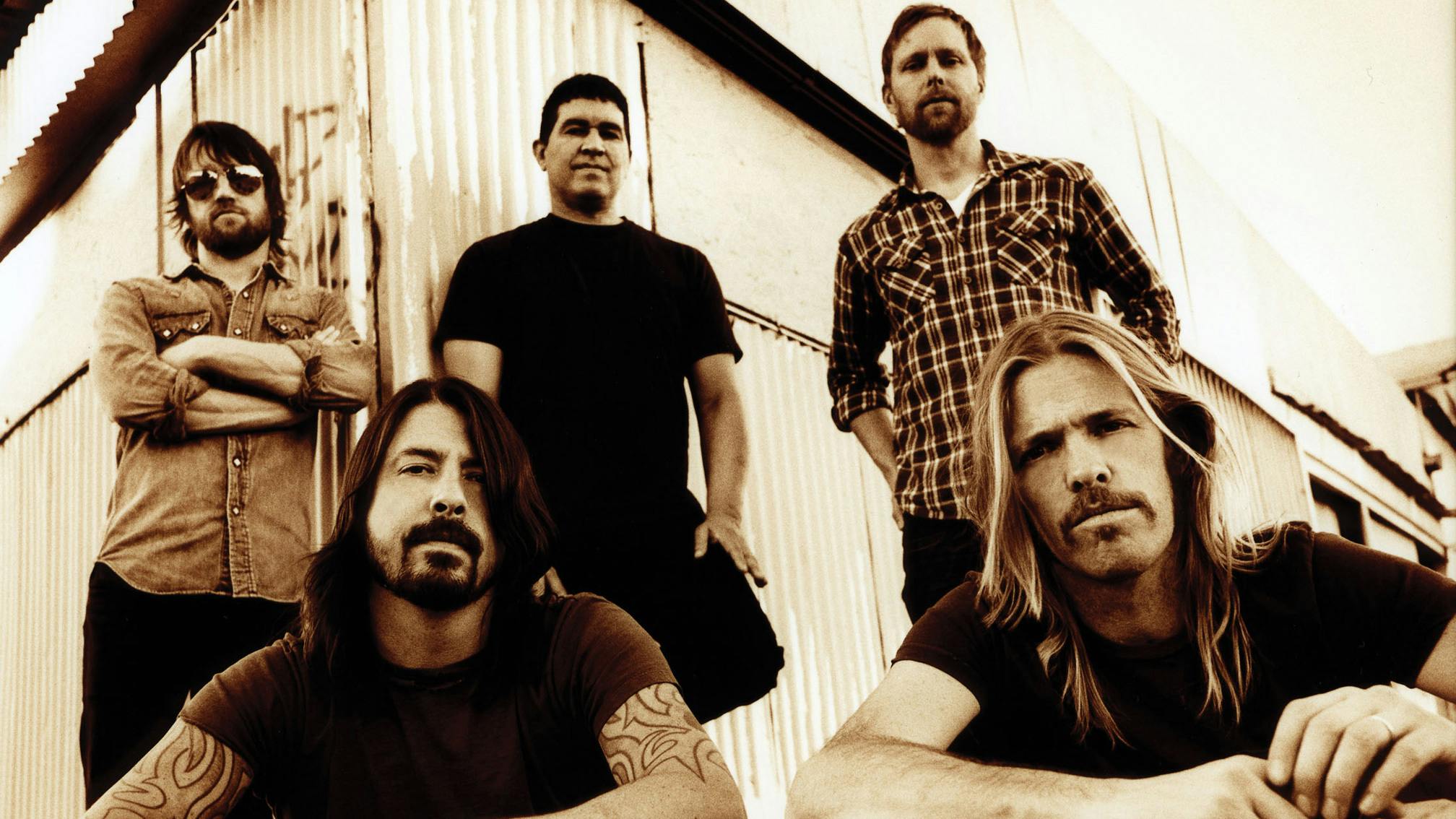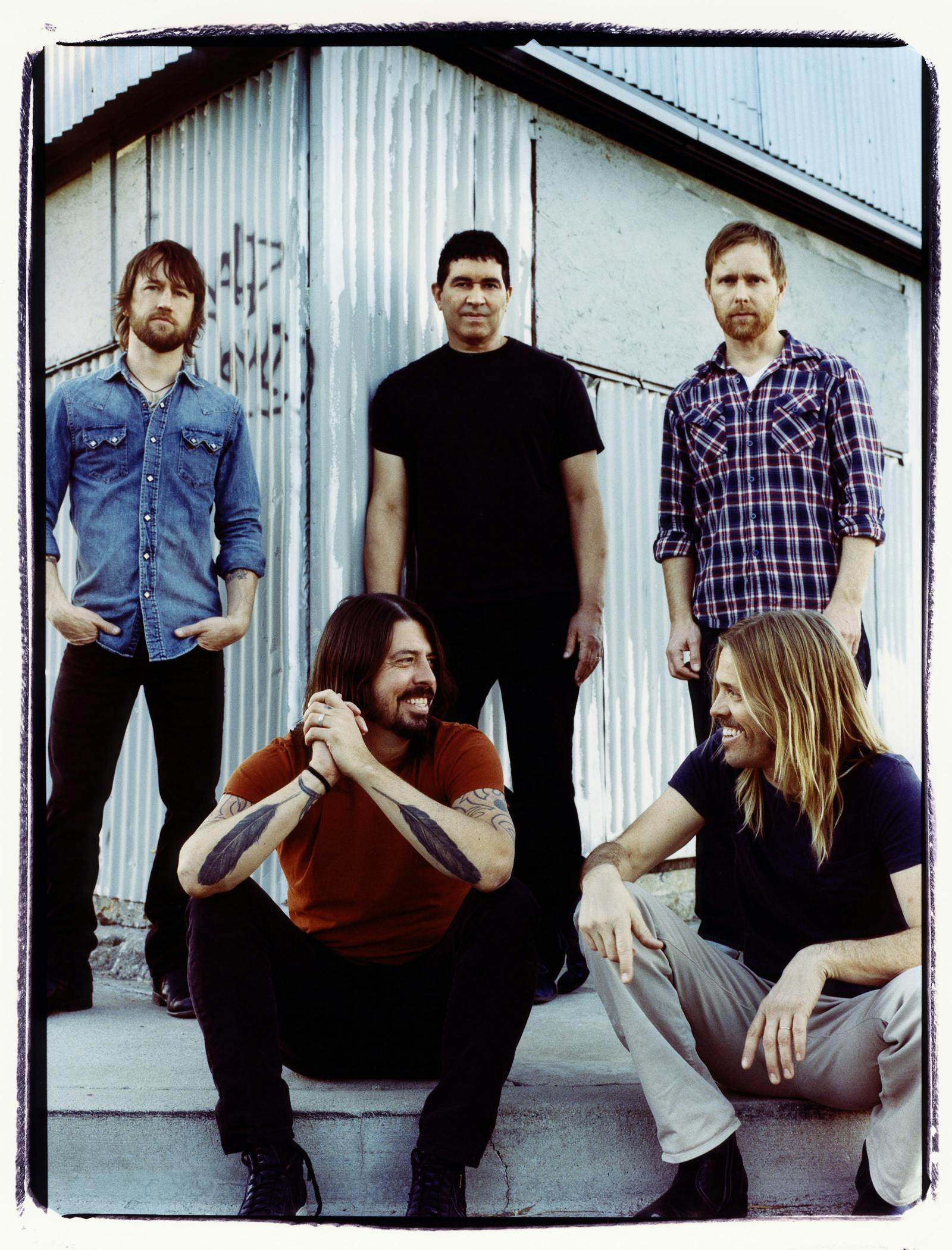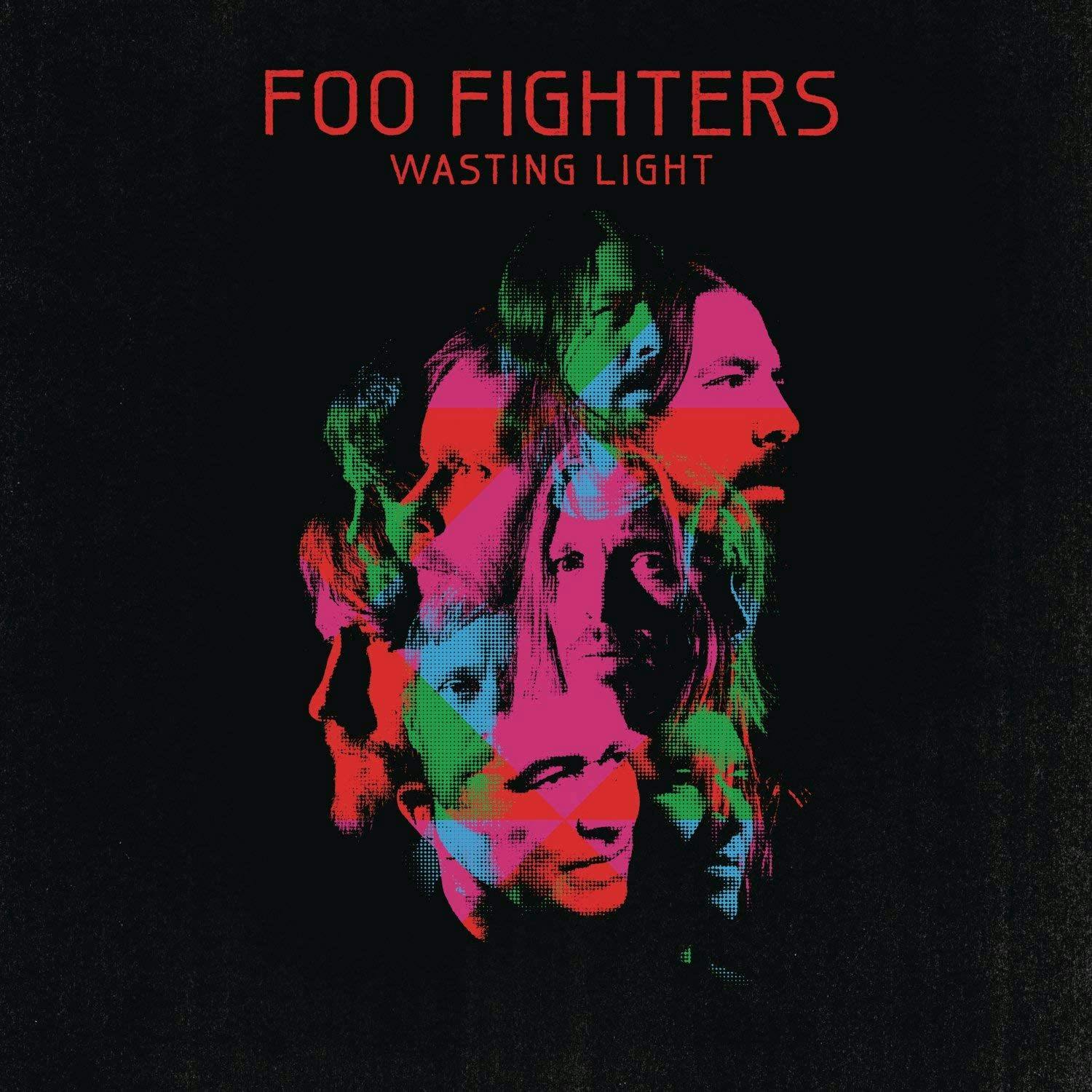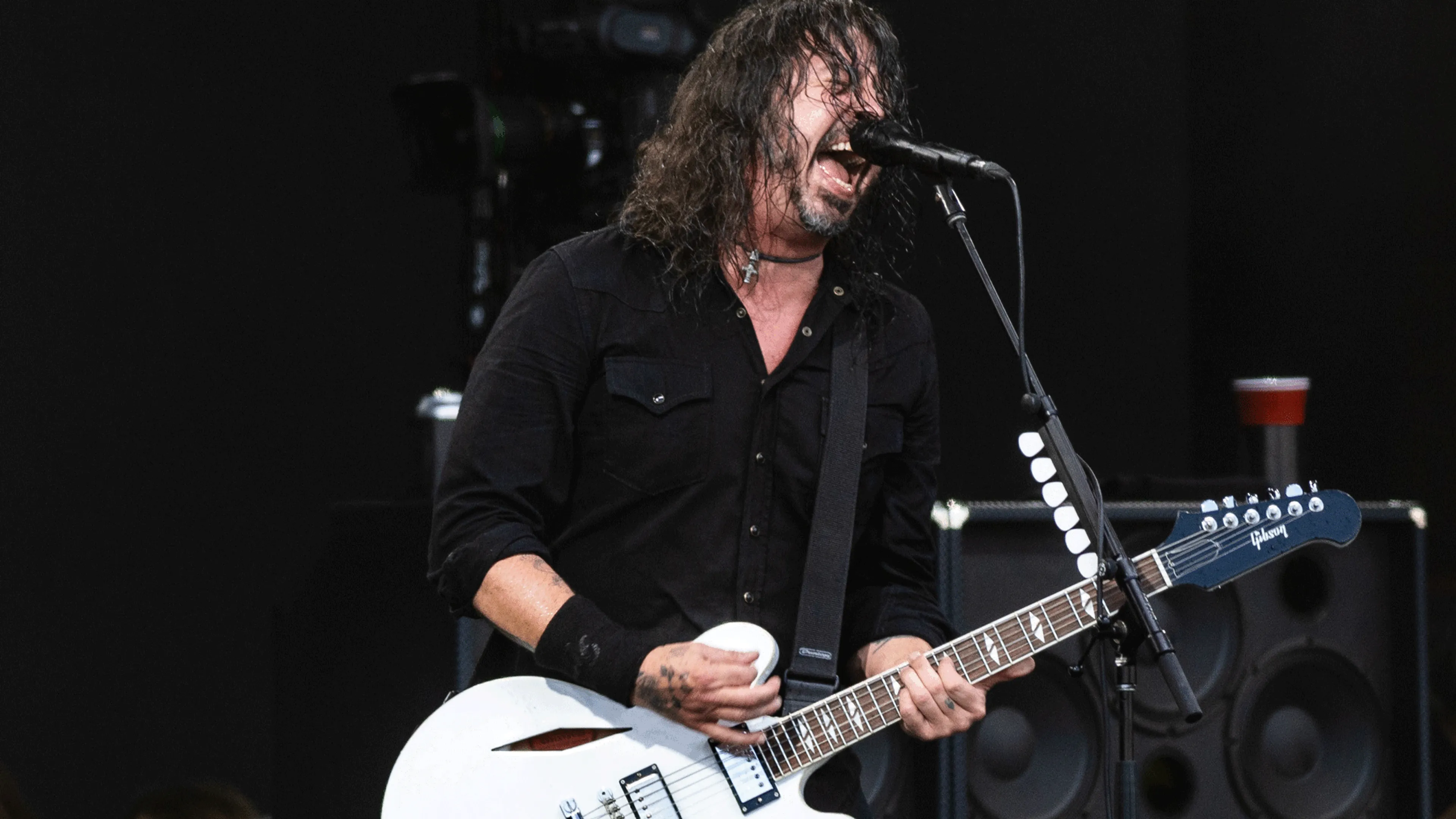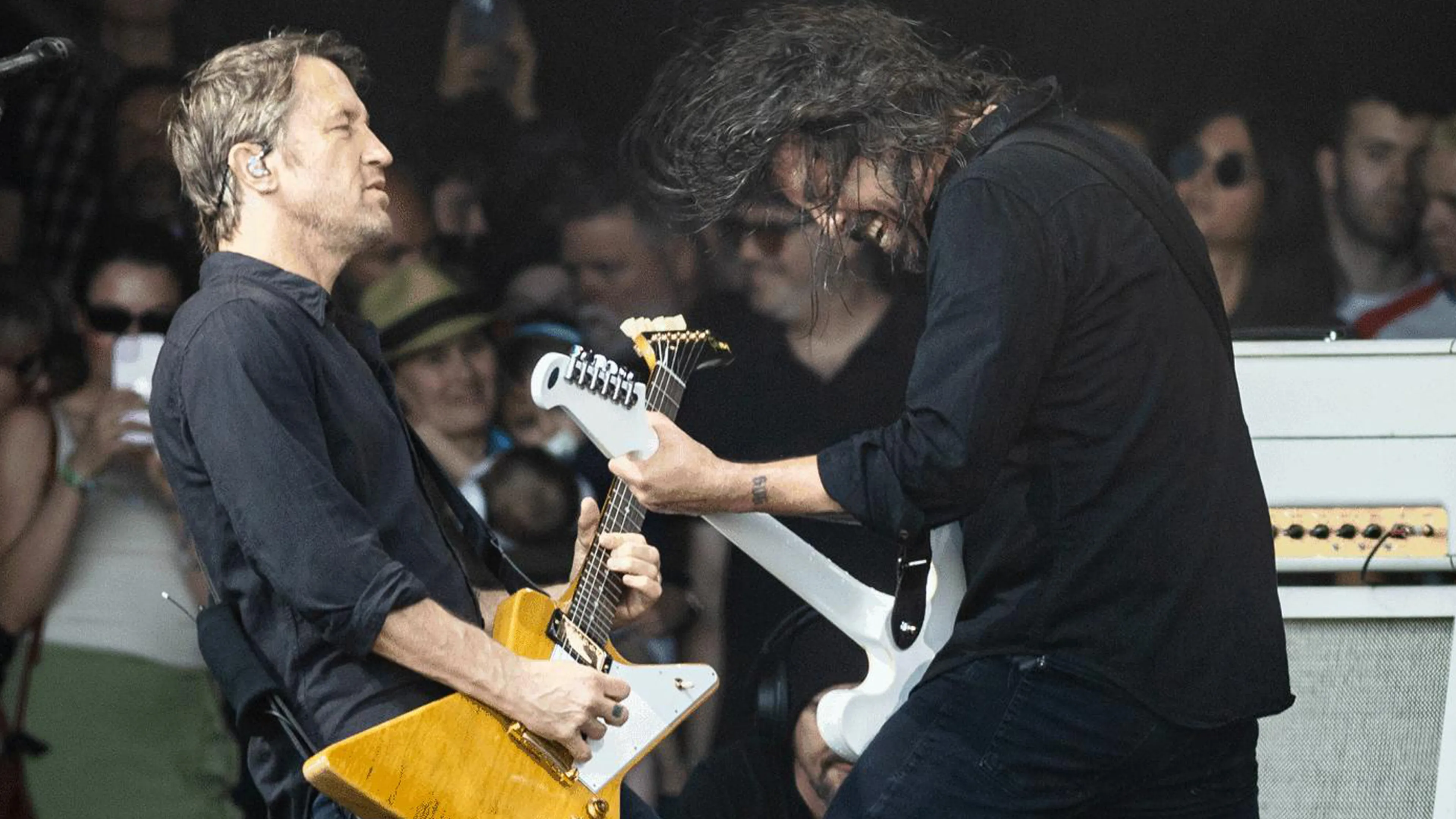The comedown from doing Wembley Stadium, twice, at which Jimmy Page and John Paul Jones come out to play Led Zeppelin’s Ramble On with you, must be immense. Not just that, the road there – not the M40 – is a long and exhausting one. By 2008, Foo Fighters had become, self-evidently, one of the biggest bands of their generation. Quite reasonably, they also realised that such a pace cannot be sustained without the very real possibility that you might end up destroying everything you’d worked so hard to build.
“After all that touring we were burned out,” admitted Dave Grohl. “After those bigger shows like Wembley, it seemed like a good idea to get away from it so that a) we didn’t get too used to those stadiums, and b) we didn’t come home and break up.”
“We didn’t want to outstay our welcome,” concurred Taylor Hawkins. “It felt like people needed a break from us, too.”
Dave had a strategy for their next move, though. Or, at least, he thought he did. Having amassed a load of new songs, written during soundchecks on the road over the previous couple of years, he reasoned that, rather than letting them fall between the cracks, they should bang them onto tape while they were still in the zone.
“I had this idea that we should release an album, but not do anything for it: not go out on the road, not make a big deal about it, just record and release it,” he pondered. “I thought it’d be nice to silently put it out.”
Thus, the next bit of heavy lifting could already be done without too much pressure, while the temperature was allowed to cool and the band could decompress. He forgot one detail, however, inherent to his band’s DNA.
“But we wouldn’t be able to just sit around at home if we had an album out!” he suddenly remembered, face firmly in palm. “Ultimately we want to go out and play. So rather than jump back into that cycle, we stopped.”
